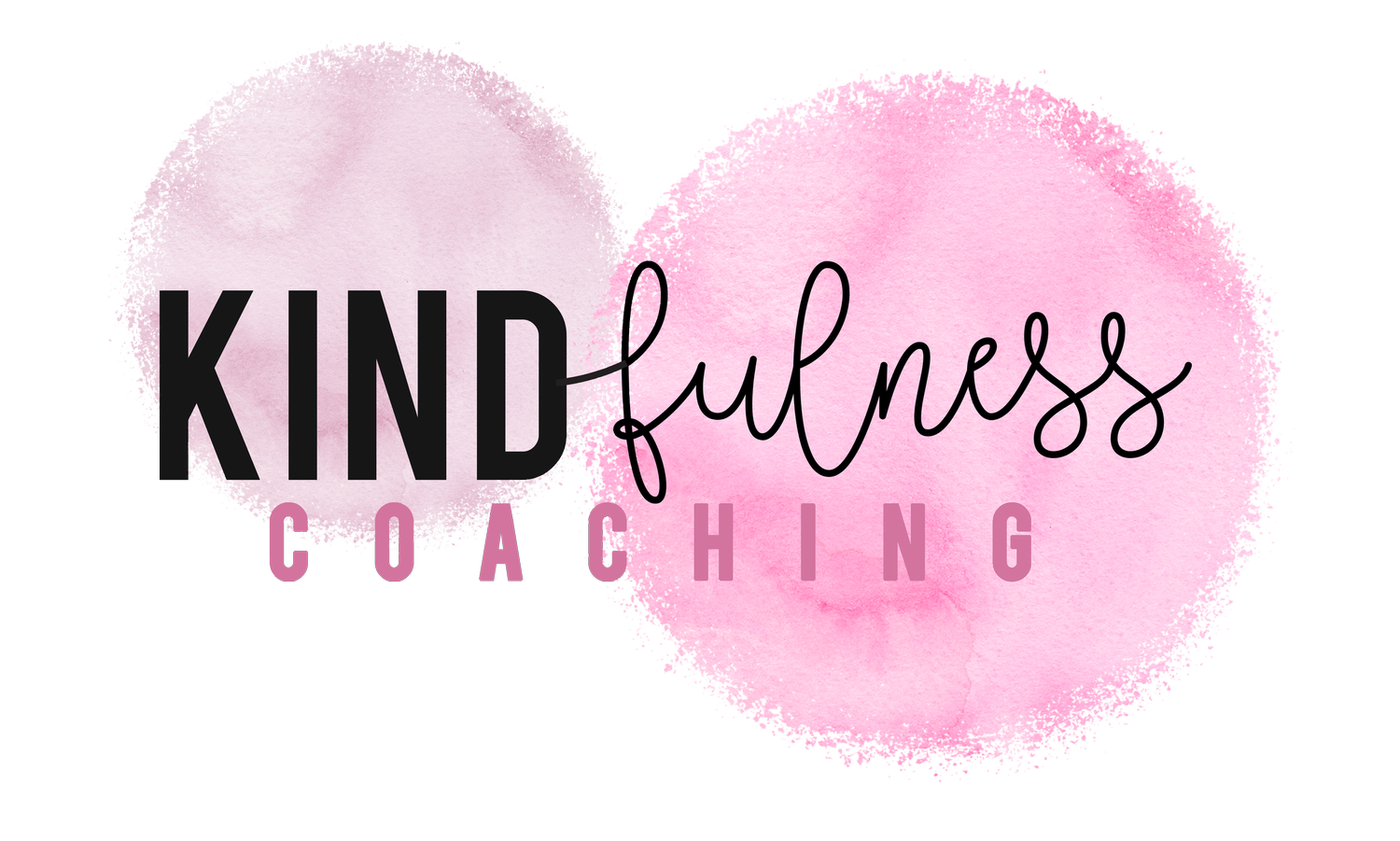How to Be Assertive in Uncomfortable Situations
A Guide to Boosting Confidence
As many of you know (or may not) my husband and I are foster parents - it’s not something I can share a ton about, for both privacy reasons and unfortunately our own safety reasons, but as of late, things have gotten WILD. Being a social worker, a coach, a wife, a family member, a friend - could never have fully prepared me for the advocating that would come along with being a foster parent to a child with special needs.
This week I have found myself having to be his voice when he cannot and to stand up for what is right and wrong in a system that is very, very broken. And it got me thinking about assertiveness - I’m so thankful this is a characteristic I have as I have needed to use it A LOT in the past few weeks as we prepare for an upcoming court case.
So I thought, let’s blog about it! You may ask yourself, what is assertiveness, does assertiveness come easy for me, is can I learn to be assertive, and why is it important to be assertive? We’re also going to break it down into assertiveness in your professional life versus assertiveness in your personal life.
Being assertive is not just a matter of personal growth; it's an essential skill for personal and professional success. It's particularly crucial for women, as societal norms and expectations have sometimes made it more challenging for them to assert themselves effectively. Learning to be assertive while maintaining professionalism is a powerful tool for managing stress, overwhelm, and anxiety.
In professional settings, assertiveness is your gateway to making a meaningful impact. It means confidently expressing your ideas, setting boundaries, and advocating for yourself and your goals. But here's the catch: it's not just about speaking your mind; it's about doing so in a way that fosters respect and collaboration.
Imagine you're in a boardroom, and a colleague dismisses your input. Being assertive allows you to respond with grace and authority, saying, "I appreciate your viewpoint, but I believe my idea is worth considering. Can we discuss this further?" This is a perfect example of how assertiveness, when coupled with professionalism, can turn uncomfortable situations into opportunities for growth and positive change.
In today's competitive world, women who can balance assertiveness and professionalism stand out. They are more likely to secure promotions, build strong professional relationships, and create workplaces that respect their voice and ideas. When you assert yourself while maintaining professionalism, you not only gain the confidence to navigate stressful situations but also earn the respect of your peers and superiors.
Moreover, being assertive and professional doesn't just benefit you; it paves the way for a more inclusive and equitable work environment. By setting the standard for respectful communication and assertive problem-solving, you become a role model for others, creating a workplace culture where everyone's ideas and concerns are acknowledged.
In your personal life, assertiveness coupled with professionalism enables you to navigate tricky social situations with grace. It empowers you to voice your needs and boundaries without sacrificing relationships. For instance, when a friend consistently cancels plans without consideration, you can kindly assert yourself by saying, "I value our friendship, but I need more reliability in our plans."
In essence, the ability to be assertive while remaining professional is not just a skill—it's a transformational tool. It allows you to navigate life's complexities, manage stress, combat overwhelm, and reduce anxiety. It's the key to your personal and professional success and the cornerstone of a more respectful and inclusive world. In the following sections, we'll explore how to master this art and reap the benefits it brings.
Here are some practical tips and examples to help you become more assertive in uncomfortable situations.




